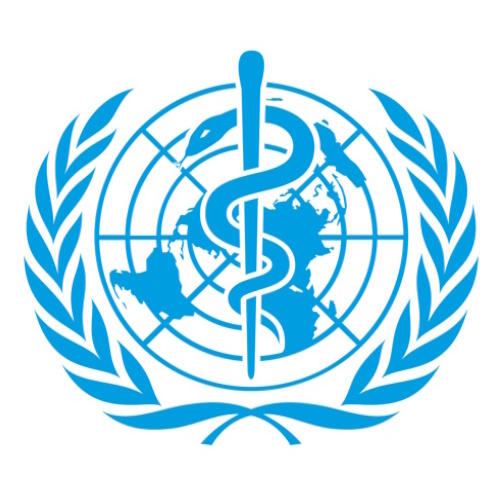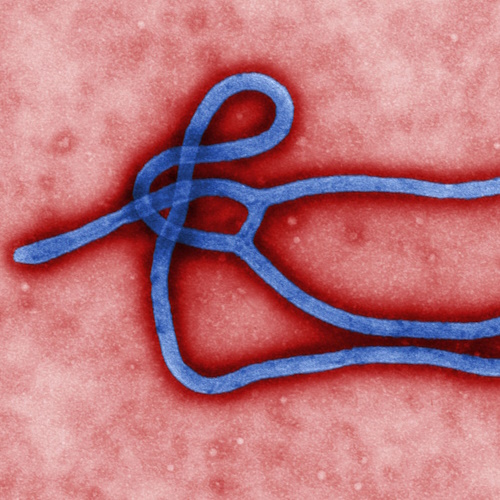Ebola Fact Sheet
Information by WHO about ebola virus disease
The Ebola virus causes an acute, serious illness which is often fatal if untreated. EVD first appeared in 1976 in 2 simultaneous outbreaks, one in what is now Nzara, South Sudan, and the other in Yambuku, DRC. The latter occurred in a village near the Ebola River, from which the disease takes its name.
The 2014–2016 outbreak in West Africa was the largest Ebola outbreak since the virus was first discovered in 1976. The outbreak started in Guinea and then moved across land borders to Sierra Leone and Liberia.
The virus family Filoviridae includes three genera: Cuevavirus, Marburgvirus, and Ebolavirus. Within the genus Ebolavirus, six species have been identified: Zaire, Bundibugyo, Sudan, Taï Forest, Reston and Bombali.
Visit website: https://www.who.int/en/news-room/fact-sheets/detail/ebola-virus-disease
See alsoWorld Health Organization (WHO)
Specialized agency of the United Nations responsible for international public health
Details last updated 09-Apr-2019




